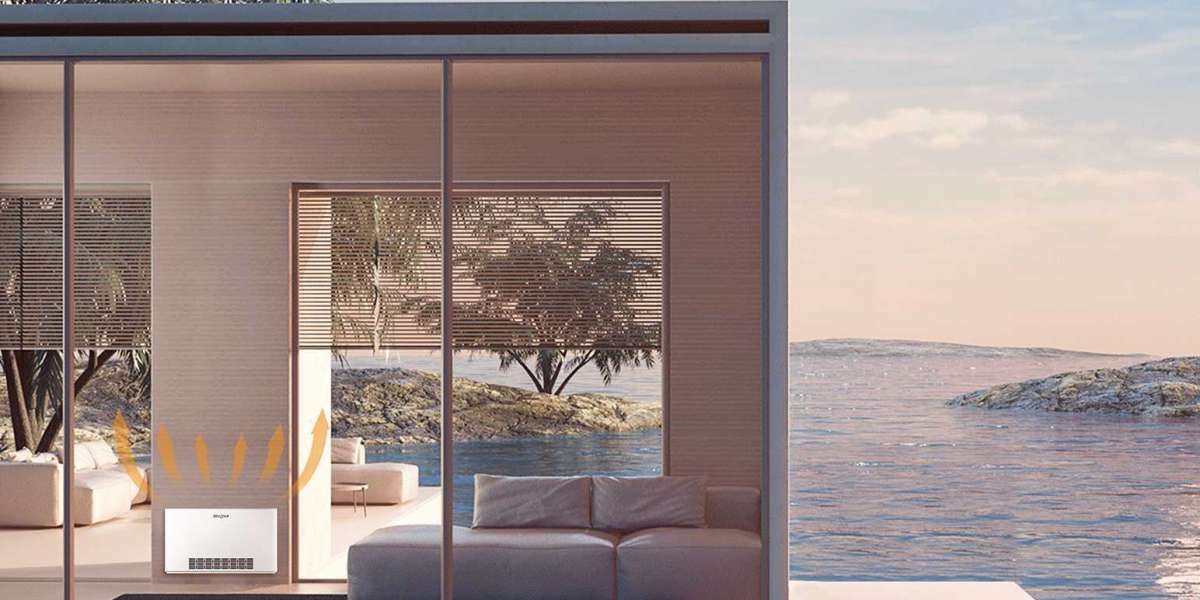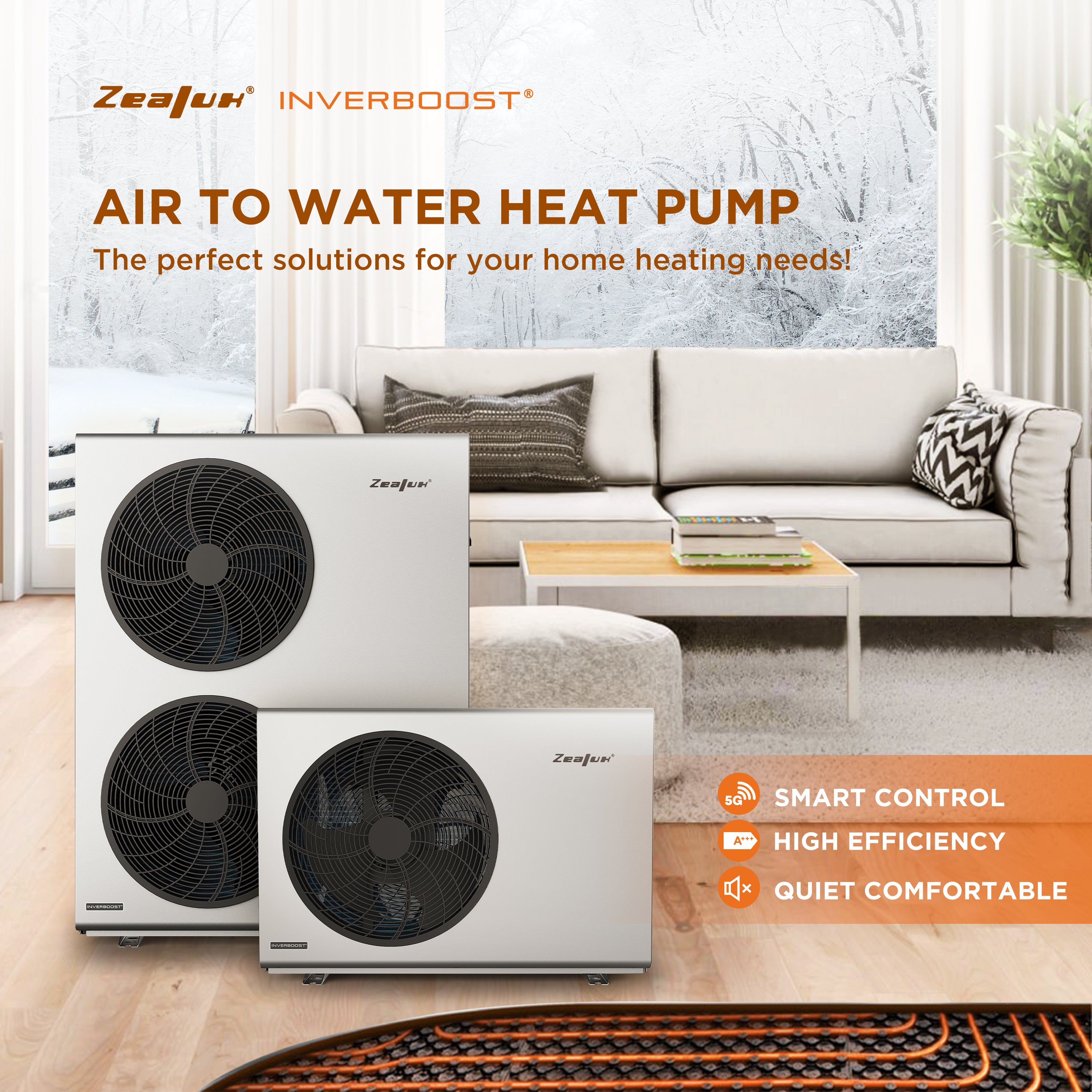As the summer months approach, so does the threat of soaring temperatures. While many of us enjoy the warmth and sunshine, it's essential to be aware of the potential risks associated with high heat. From heat exhaustion to heatstroke, extreme temperatures can take a toll on our bodies. In this article, we will explore the various ways in which high heat can affect our health and discuss essential measures to stay safe and cool during hot weather.
Heat-Related Illnesses: Understanding the Risks:
When exposed to high temperatures for prolonged periods, our bodies can struggle to maintain a stable internal temperature. This can lead to several heat-related illnesses, including:
a) Heat Cramps: Heat cramps are painful muscle spasms that typically occur during or after intense physical activity in hot weather. They are caused by an electrolyte imbalance due to excessive sweating. When we sweat, we lose essential minerals like sodium, potassium, and magnesium, which are crucial for proper muscle function. Insufficient replenishment of these electrolytes can lead to muscle cramps and discomfort.
b) Heat Exhaustion: Heat exhaustion is a more severe condition that arises from prolonged exposure to heat and inadequate fluid intake. It often occurs when the body's cooling mechanisms become overwhelmed, primarily through excessive sweating. Symptoms of heat exhaustion include heavy sweating, dizziness, nausea, headache, weakness, and a rapid heartbeat. It is essential to recognize these signs and take immediate action to prevent the condition from progressing.
c) Heatstroke: Heatstroke is the most severe heat-related illness and is considered a medical emergency. It is characterized by a body temperature above 104°F (40°C) and requires immediate medical attention. Heatstroke can occur when the body's thermoregulatory system fails, and it becomes unable to cool down. Symptoms include confusion, rapid heartbeat, flushed skin, headache, dizziness, and even loss of consciousness. If left untreated, heatstroke can lead to organ damage and be fatal.
Vulnerable Populations: Who is at Risk?
Certain individuals are more susceptible to the adverse effects of high heat. These vulnerable populations include:
a) Elderly individuals: Aging reduces the body's ability to regulate temperature, making older adults more susceptible to heat-related illnesses. The elderly often have diminished sweat production, making it harder for their bodies to cool down efficiently. Chronic health conditions and medications can further compromise their ability to cope with heat stress, putting them at higher risk.
b) Children: Young children are less efficient at regulating body temperature compared to adults. Their bodies have a larger surface area relative to their body mass, making them more susceptible to heat absorption. Additionally, children may not recognize or communicate their discomfort effectively, increasing their vulnerability to heat-related complications.
c) People with chronic illnesses: Individuals with pre-existing medical conditions, such as heart disease, respiratory disorders, or diabetes, may have reduced heat tolerance. These conditions can affect the body's ability to regulate temperature and increase the risk of heat-related illnesses. Medications used to manage chronic illnesses can also interfere with normal thermoregulation, further heightening vulnerability.
Environmental Factors: Impact of Heatwaves
Heatwaves, prolonged periods of excessively high temperatures, can have severe impacts on health. The combination of high temperatures and other environmental factors intensifies the risks associated with heat. Key factors include:
a) Humidity: High humidity levels can impair the body's ability to cool itself through sweat evaporation, leading to increased discomfort and a higher risk of heat-related illnesses.
b) Urban Heat Island Effect: Urban areas tend to absorb and retain more heat, resulting in significantly higher temperatures than surrounding rural areas. This effect, known as the urban heat island effect, can exacerbate the health risks for those living in cities.
Taking Action: How to Protect Yourself:
To minimize the health risks associated with high heat, it is crucial to take proactive measures. Here are some essential steps to stay safe during hot weather:
a) Stay Hydrated: Hydration is crucial when facing high temperatures. Drink plenty of fluids, even if you don't feel thirsty. Opt for water, sports drinks, or electrolyte-rich beverages to replenish fluids and minerals lost through sweating. Aim to consume fluids regularly throughout the day to maintain proper hydration levels.
b) Dress Appropriately: Choose your clothing wisely to help your body stay cool. Wear loose, lightweight, and light-colored clothing that allows for better air circulation. Breathable fabrics like cotton are ideal for hot weather as they absorb sweat and allow it to evaporate, keeping you cooler.
c) Seek Shade and Stay Indoors: Minimize direct exposure to sunlight, especially during the hottest hours of the day. Seek shade or stay indoors in air-conditioned spaces whenever possible. If air conditioning is not available, use fans or natural ventilation to circulate air and create a cooler environment.
d) Plan Outdoor Activities Carefully: If you need to be outdoors, plan your activities during cooler times of the day, such as early morning or late evening when temperatures are lower. Avoid being outside during peak heat. Take frequent breaks in shaded or air-conditioned areas to give your body a chance to cool down and rest.
e) Protect Your Skin: Protecting your skin from the sun's harmful UV rays is essential. Apply sunscreen with a high SPF to exposed skin areas, even on cloudy days. Wear a wide-brimmed hat to shield your face and neck from direct sunlight, and wear sunglasses to protect your eyes from UV rays.
f) Check on Others: During hot weather, it is crucial to look out for the well-being of others, particularly those who are more vulnerable to heat-related illnesses. Keep an eye on family members, friends, and neighbors, especially the elderly, young children, and individuals with chronic illnesses. Offer assistance or support to ensure they are staying hydrated and cool.
g) Avoid Excessive Physical Exertion: Minimize strenuous physical activities, especially during the hottest parts of the day. If you need to engage in physical exercise, do it in moderation and pace yourself. Take regular breaks to rest, seek shade, and rehydrate. Listen to your body's signals and adjust your activity level accordingly.
h) Create a Cool Environment: Make your indoor spaces as comfortable as possible. Use fans, air conditioners, ashp heating system (like air to water heat pump)or cool misting systems to maintain a cooler temperature indoors. Keep curtains or blinds closed during the day to block out sunlight and retain cooler air. Create airflow by opening windows during cooler hours or using fans to circulate air.
i) Never Leave Anyone in a Locked Vehicle: Never leave children, pets, or vulnerable individuals unattended in a parked car, even for a short period. The temperature inside a vehicle can rise to dangerous levels rapidly, leading to heatstroke and potentially fatal consequences. Always ensure that everyone is safely out of the vehicle when parked.
Conclusion:
As temperatures rise, it's essential to be mindful of the potential health risks associated with high heat. Heat-related illnesses can be severe and even life-threatening, particularly for vulnerable populations. By understanding the risks, staying hydrated, seeking shade, and taking precautions, we can protect ourselves and others from the adverse effects of extreme heat. Remember to prioritize your health and safety during hot weather, and enjoy the summer while keeping cool and well-prepared.
By staying informed and implementing these measures, we can navigate the challenges of high temperatures and ensure our well-being even during the hottest months of the year. Stay cool, stay hydrated, and stay safe!
Zealux, the leading heat pump supplier, always cares about your health and coziness by offering the premium heating solution.

 heat pump supplier
heat pump supplier






